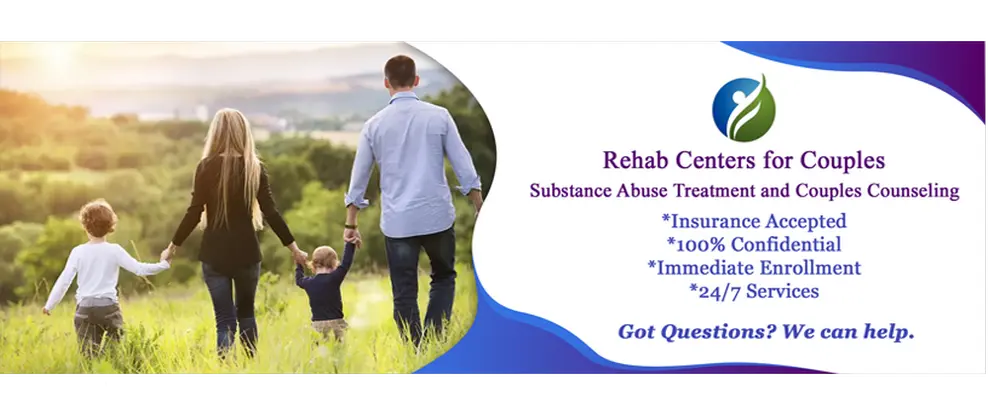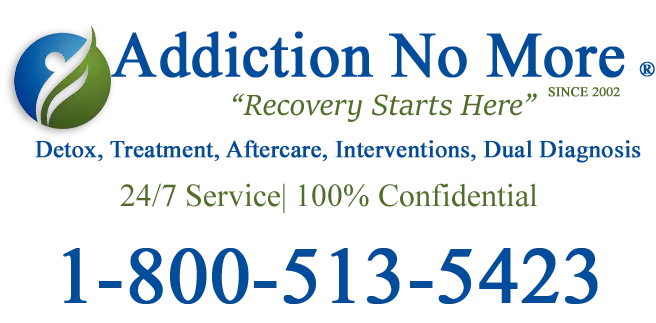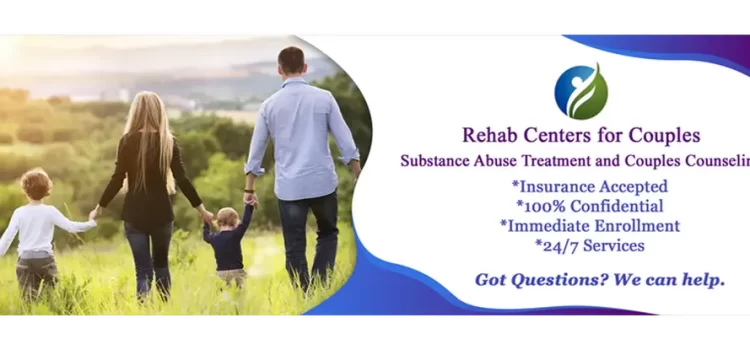Behavioral Couples Therapy (BCT)
Behavioral Couples Therapy (BCT) is a type of therapy specifically designed to help couples who are struggling with a substance abuse problem. Inpatient couples therapy programs work with both people in the relationship to help them reduce their dysfunctional interactions that help to sustain the drug or alcohol addiction. Couples that have an addiction problem share some of the same triggers that work to continue the addictive cycle. Handling these triggers together can help lay the foundation for long-lasting recovery.Please contact us by phone for immediate assistance. This is a necessary step in beginning the recovery process for yourself or a loved one. Our addiction treatment specialists and staff have over 25 years of experience in helping people find effective and affordable treatment for all addictions. What you tell us is completely confidential. We are HIPAA compliant. We are here to answer your questions and to get you (or a loved one) into treatment today. For immediate intake, call us now.
1-800-513-5423

Origins of Behavioral Couples Therapy
In the past, the treatment community saw addiction as a personal problem and treated the individual without considering the family’s roles and maintenance of addictive behavior. It was when the treatment providers and professionals began conceptualizing drinking and drug use from the family system’s perspective that they started to understand the complexity of the relationship. They began treating the family as a way to help address the individual’s substance abuse.Back in the late ’60s and ’70s, the therapy started to take shape and was known as Traditional Behavioral Couples therapy. It was inspired by the behavioral and social learning movements of the time. The first case study began in 1969 (Stuart) that applied behavioral techniques to a couple’s problem when researchers started to apply behavioral change techniques (Weiss et al. 1973) with a focus on skills training to treat relationship distress. Then, in the early 70’s, the NIAAA called for in-depth studies to test the effectiveness of this type of therapy to improve substance use disorder outcomes.
Treating the family was a new concept before these studies came out with evidence to support the effectiveness of Behavioral Couples Therapy. Before couples therapy, SUD (substance use treatment) treatment was viewed as an individual’s problem and treated the person in isolation with little to no family counseling. Research from the last 4 decades has shown the importance of the role the family and partners play in maintaining addictive behavior. In BCT therapy, substance use is compartmentalized as being able to exist within the much larger family system, treating the family or couple as a family unit. This allows for behavioral change in how, as a whole, the addictive behavior was allowed or overlooked, enabling it to continue unchecked.

Get sober together
Getting sober together can be one of the best things you can do for your relationship and your life. Starting recovery together at the same place can have added benefits that you may not be aware of, such as becoming recovery partners that support each other when the partner is having a bad day. You may catch on to triggers that the other did not know were there and avoid a relapse situation. Recovery partners also have the added benefit of knowing the situations, places, and things that can lead to a relapsing event. Recovery partners can also go to meetings together or separately depending on the meeting type and recovery goals set by both parties together.
Recovery does not have to be a struggle; it can be fun when both people are focused on recovery together. Starting a new life sober can be one of the best things you can do for your relationship and can lead to the best times of your life. When a couple has had a previous problem with drugs or alcohol and has taken steps to renew their relationship, sober this time, they can start to really enjoy each other without the need to self-medicate.
Evidence for behavioral couple’s therapy
There have been dozens of randomized clinical trials that have been done to find evidence that couples therapy actually works. They found that there is evidence to support the need for the implementation of behavioral couples therapy sessions. Research showed that those who have had this type of therapy not only increased abstinence rates but also helped improve relationship functioning better than classic treatment models. The other added benefit of behavioral couples therapy is that it has also been shown to reduce domestic violence and the emotional problems of children in the household.
BCT helps couples plan for continued recovery
When a couple has reached the ability to be stable in their recovery and has made a relationship adjustment, the partners and their therapist will begin to discuss how to help them maintain their therapy goals once the formal BCT has been completed. Relapses for couples can take two different turns, with one being that one or both parties have slipped or used drugs or alcohol, or there can be a reoccurrence of relationship difficulties. The therapist will discuss with the partners that relapse can be part of some people’s long-term recovery, but it doesn’t have to. They will help you understand why it happened to help you and your partner avoid that pitfall again.When the couple reaches the end of their BCT sessions, they will write a recovery plan. The plan will give the couple a road map for ongoing post-BCT activities that will help promote stable abstinence. Examples of a recovery plan can include going to daily recovery meetings, continuing daily abstinence and trust discussions, relapse contingency plans, contacting a sponsor, and re-introducing activities to help maintain a healthy relationship.
How We Can Help
We can help you find inpatient couples drug rehab centers with BCT programs today. Please call us at your earliest convenience and we can answer any questions you may have.
1-800-513-5423
Sources
Behavioral Couples Therapy for Substance Abuse: Rationale, Methods, and Findings LINK
Behavioral couples therapy NIH government data
Erik Epp – Content Author





